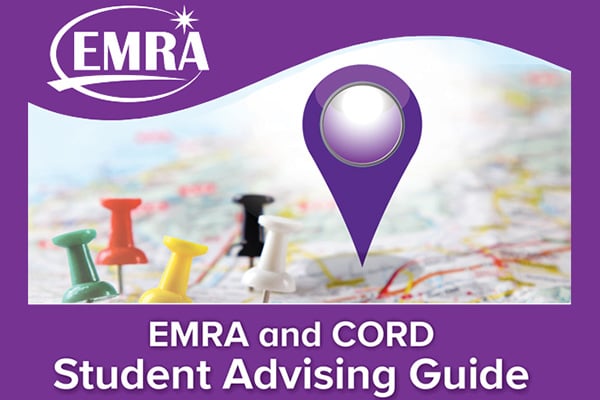Apply Smarter, Not Harder

Flashback Friday: Apply Smarter, Not Harder
Originally Published: August 15, 2019
In this episode Dr. Agboola and Dr. Jarou venture into the oftentimes convoluted task of applying to Emergency Medicine residency. They discuss common pitfalls and misconceptions, giving evidence-based advice on how to increase success in applying whether it be to a community or educational setting. This episode is primarily geared towards medical students applying as well as advisors for these individuals.
Host
Isaac Agboola, MD, MS
Yale New Haven Medical Center
PGY3
EMRA*Cast Episodes
Guests
Zach Jarou, MD
Fellowship: University of Chicago - Administrative Fellowship
Fellowship: ACEP Fellowship in Administration, Quality, Informatice, and Policy
Residency: Denver Health Medical Center
Medical school: Michigan State University College of Human Medicine 2010 - 2014
Additional Information, Publications and Articles: EMResident and other Books
Twitter: @zachjarou
Overview:
On this episode, Dr. Agboola and Dr. Jarou venture into the oftentimes convoluted task of applying to Emergency Medicine residency. They discuss common pitfalls and misconceptions, giving evidence-based advice on how to increase success in applying whether it be to a community or educational setting. This episode is primarily geared towards medical students applying as well as advisors for these individuals.
Key Points
- Plan your application based on your personal situation.
- You are probably applying to more programs than you need to.
- When it comes to away rotations, rotate in an environment that is the best for you, given what you want to get out of residency.
- The three-year vs. four-year program discussion should be less about the training time and more about how that particular program is structured, but most importantly about how it can help you to achieve your goals long term.
- Statistically speaking the things that have been shown to be most important to applicants are:
- (1) Geography
- (2) Practice Environment
- (3) Step 1 cutoffs
- (4) Time (shift length/shift amount, three years vs. four years).
- Applicants that are IMG, DO, or other special circumstances should take careful consideration when applying.
- An average applicant (i.e., average board scores, SLOEs, research experiences) should be applying to approximately 30 programs.
- There is no perfect equation for success in the Match; it’s important that you meet with trusted advisors and find a plan that best suits you and your competitiveness.
Key Resources




